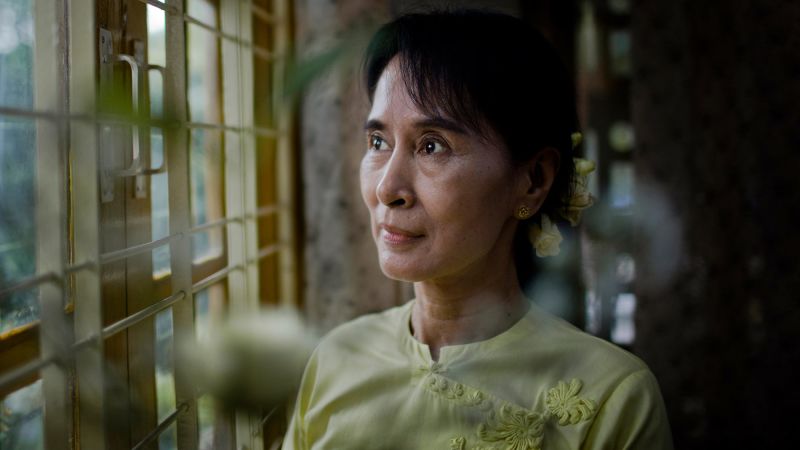Myanmar’s military seized power in a coup in February 2021, detaining the country’s democratically elected civilian leader Aung San Suu Kyi and other top government figures.
The coup came after months of increasing friction between the civilian government and the powerful military, known as the Tatmadaw, over alleged election irregularities.
Suu Kyi has been convicted of multiple offenses, including electoral fraud and receiving bribes, according to sources. Moreover, she has denied all of the charges levied against her, asserting that they are politically motivated.
Democratic Icon
Suu Kyi, who won the Nobel Peace Prize in 1991, is widely considered a hero of democracy in Myanmar. After spending 15 years under house arrest as part of a decades-long fight against military rule, she led her party to a landslide victory in Myanmar’s 2015 elections, establishing the country’s first civilian government.
International Reputation and Criticism
However, her international reputation has been tarnished in recent years. Suu Kyi faced significant criticism for failing to speak out against numerous atrocities allegedly carried out by the military against Rohingya Muslims. Consequently, hundreds of thousands of the persecuted ethnic minority were forced into neighboring Bangladesh during violent military operations in 2016 and 2017.

The Struggle Continues
As of now, the situation remains tense in Myanmar. The military coup has triggered widespread protests, leading to further civil unrest and calls for international support for democratic governance. The international community continues to monitor the developments closely, urging for a peaceful resolution and the restoration of democracy.




